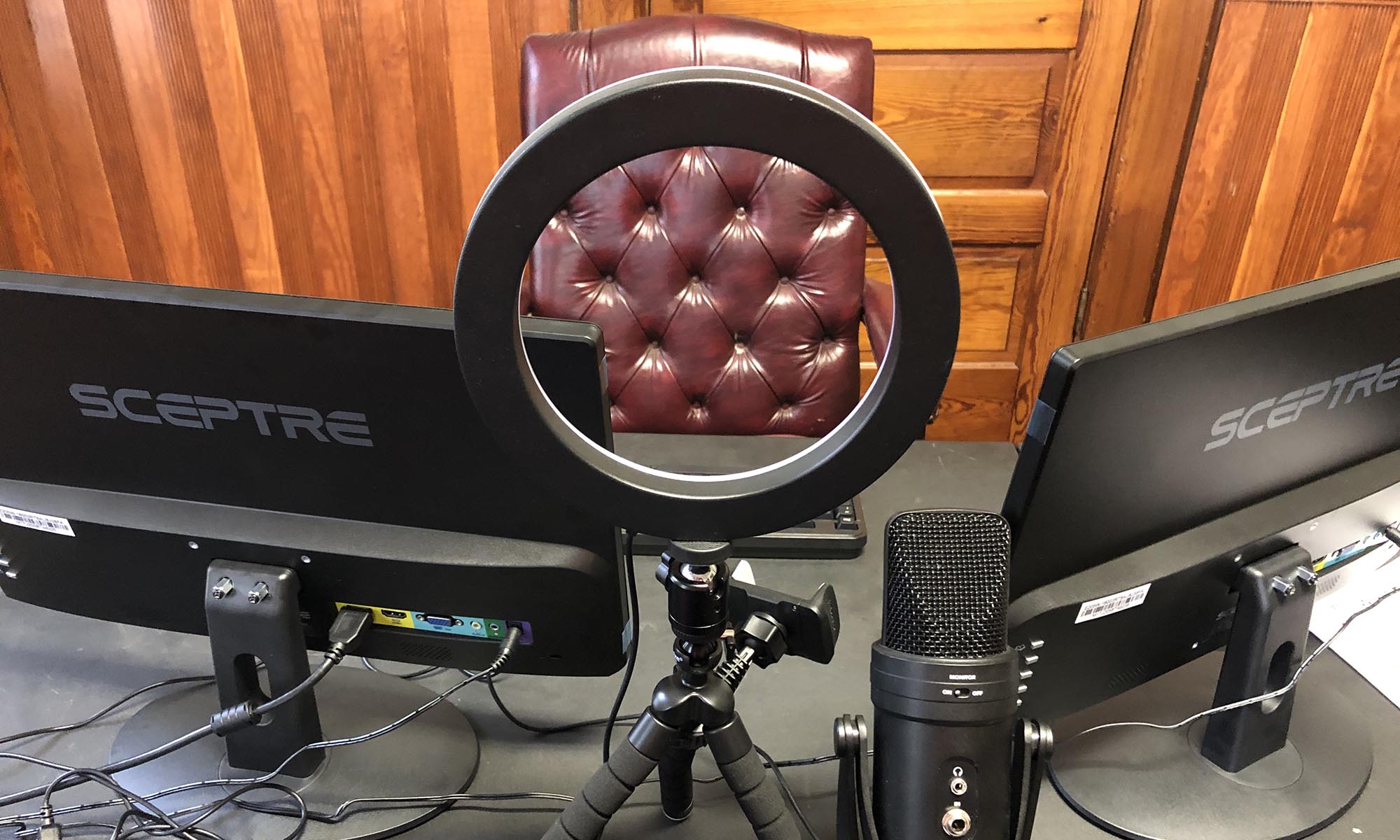NHI Programs, Theme
NHI announces theme for 2020 Digital Learning Experiences

This article is by Tomas Miriti Pacheco.
The National Hispanic Institute announced the theme for its first-ever GDx tournament this week, in advance of competitions beginning July 15. Drawing on the circumstances which brought about its creation, this inaugural, digital Great Debate will center on the ongoing COVID-19 pandemic and its impact upon the Latino community. People of color have been disproportionately impacted by both COVID-19 itself, and the sweeping changes it has brought about in our day-to-day lives. The rapid onset of unemployment, the sudden development of virtual learning programs, and the complete disappearance of some businesses and public spaces have all brought about pressing challenges and difficult questions.
“We decided to lean into the reality of today and tomorrow by asking members to explore and try to envision the post-pandemic world,” explained Julio Cotto, Senior Vice President over Education and Training. “In particular, we ask how will learning and personal development change, and in addition to reacting to this social force, can this be an opportunity to rethink our communities’ priorities? I believe that participants of GDx actually possess the best-equipped minds to tackle the challenges that we are all facing on earth. Why not ask them to take the lead on envisioning the future?”.
“The theme has traditionally helped inform the topics that are to be debated at a Great Debate, the challenges in a CWS, as well as framing the proposed policy for the LDZ,” Cotto noted. “It helps to focus conversations that can otherwise seem abstract, vague, or super broad.”
Through actively engaging in the Great Debate process, through their participation in GDx, students will confront and develop solutions to deal with such issues as:
- What happens to children who come from families with significantly fewer resources and are unable to either purchase devices or lack the experience in modern-data and information use?
- What about families without the technical expertise to help their children navigate digital systems and self-manage their own learning?
- How have Latino/a/x students and parents who are predominantly Spanish-speaking been communicated with and engaged?
- What becomes of entire populations of Latino/a/x youth who are unable to access opportunities for in-person higher education, volunteer experiences, internships, or summer jobs due to the long-term impact of the pandemic?
- Are there perhaps some advantages or new opportunities in a post-pandemic reality that in the past have been overlooked, unexamined, or untested?
- What benefits could be acquired due to the nature of an altered state of life in quarantine or in the slow process of reopening?
Interrogation of these questions will help participants deal with the bigger questions of the Latino community and its investments, and in the spirit of Ernesto Nieto’s Third Reality concept, imagining a self-determined future through and beyond our current crisis.
As challenging as the debate’s subject matter is, the effort it requires is matched only by that put forth to ensure its creation. “When we started the conversation about the theme, it was originally to take a look at the non-profit sector,” Cotto said. “However, given the realities that COVID-19 inflicted upon us as with countless organizations, we struggled to believe that our original theme was relevant or even appropriate. With the shifting economy, the non-profit character may be in flux for decades.”
Even as the GDx theme addresses the strains created by the pandemic, it prepares its participants for the changing environment that lies ahead.
“For most of its 41-year history, NHI has delivered in-person experiences and we have had a lot of success. Due to COVID-19, we have been thrust into creating digital or online experiences, with the perception that an NHI online experience won’t be the same,” says Chris Nieto, Senior Vice President at NHI. “Face-to-face experiences are hard to replace, but the new skillsets that students are learning in the digital space will transfer easily into college and the professional workplace. Learning how to quickly navigate a digital environment only benefits students in the long-run. The GDx is providing early learning experiences for students to master these skills, as well as giving students the opportunity to expand their social network, advance their communication skills, and grow in leadership.”
In addition to the GDx, NHI is also debuting its first-ever CWSx program, as well as its LDZ symposium in advance of live LDZ programs resuming in 2021 this summer.
Both this year’s GDx and CWSx are sponsored in part by State Farm.


Comments (0)